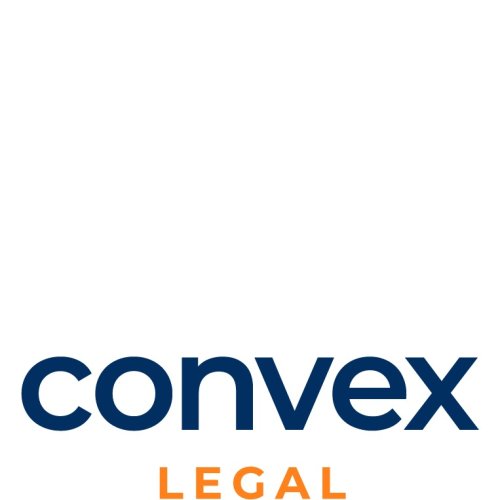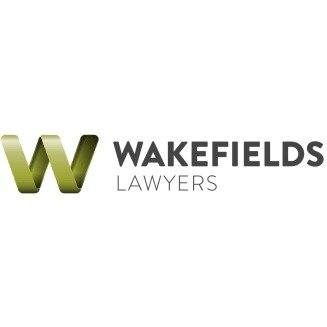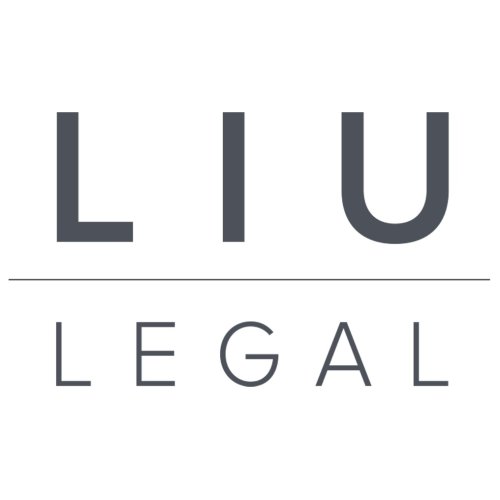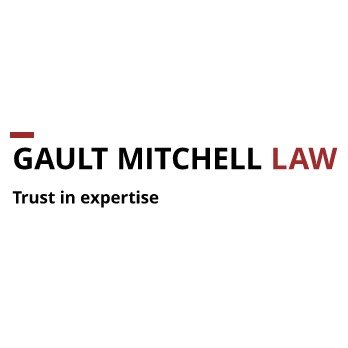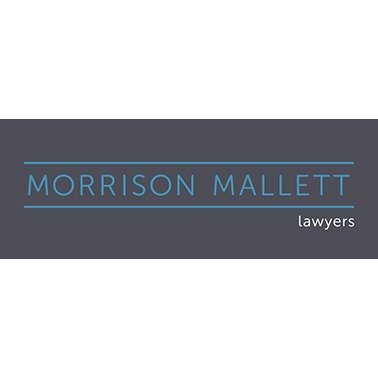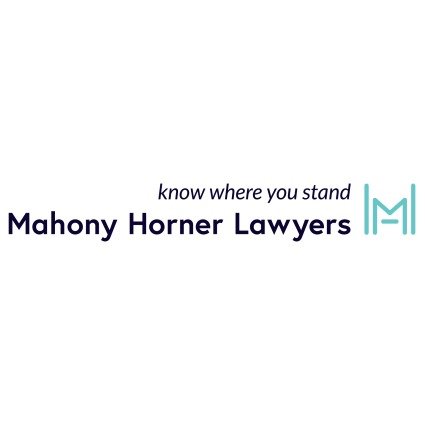Best Renewable & Alternative Energy Lawyers in Wellington
Share your needs with us, get contacted by law firms.
Free. Takes 2 min.
List of the best lawyers in Wellington, New Zealand
About Renewable & Alternative Energy Law in Wellington, New Zealand
Renewable and alternative energy law in Wellington, New Zealand, covers the rules and regulations related to the generation, distribution, and use of energy produced from renewable sources such as wind, solar, hydro, and geothermal. Due to Wellington's commitment to sustainability and New Zealand's abundant natural resources, the city has become a hub for green technology, innovation, and investment in clean energy projects. The legal framework manages the environmental impact of energy projects, promotes the use of renewable sources, and ensures compliance with both national and local policies.
Why You May Need a Lawyer
There are several situations where you may need a lawyer if you are involved with renewable and alternative energy in Wellington. You may be a homeowner seeking to install solar panels, a business looking to invest in a wind farm, or a developer facing zoning or consenting challenges. Lawyers can help with:
- Securing resource consents and complying with the Resource Management Act 1991
- Negotiating power purchase agreements or feed-in tariffs
- Understanding and interpreting electricity market regulations
- Handling disputes with neighbors, councils, or energy providers
- Navigating intellectual property considerations for new technologies
- Applying for government grants or incentives
- Land acquisition or leasing for energy projects
- Obtaining advice on compliance and risk mitigation
Local Laws Overview
Wellington is subject to both national New Zealand law and local council regulations governing renewable and alternative energy. Key areas of law include:
- Resource Management Act 1991 (RMA) - The RMA is central, controlling the environmental effects of energy projects. It covers resource consents for land use, water use, noise, and emissions.
- Electricity Industry Act 2010 - Sets requirements for the operation, connection, and distribution of electricity, including from renewable sources.
- Building Act 2004 - Regulates construction standards for energy installations such as solar panels and wind turbines.
- Wellington City District Plan - Contains specific provisions related to zoning, heritage, and environmental protection that can affect renewable energy projects.
- Government Incentives and Initiatives - The government offers various grants, loans, or feed-in tariffs to promote renewable energy, with eligibility often determined by compliance with regulations.
It is important to engage with the Wellington City Council and the Greater Wellington Regional Council during the planning and implementation stages to ensure all local requirements are fulfilled.
Frequently Asked Questions
What types of renewable energy are most common in Wellington?
Wind and solar energy are the most common in Wellington due to the region's windy climate and good solar potential. Some projects also use geothermal and small-scale hydro.
Do I need a resource consent to install solar panels on my home?
Most small-scale solar panel installations on residential properties do not require a resource consent, but larger or more complex installations may require approval under the Resource Management Act 1991 and the Wellington City District Plan.
Can I sell excess electricity back to the grid?
Yes, you can sell excess electricity to the national grid if your system meets connection and safety standards. Most energy retailers offer buy-back options.
What are the main regulations for building a commercial wind farm?
Commercial wind farms require multiple consents under the Resource Management Act, compliance with the Building Act, consideration of the District Plan, and engagement with affected stakeholders.
Are there government grants for renewable energy projects?
Yes, both national and local government programs provide grants, loans, or rebates for qualified renewable energy projects. Each initiative has its own eligibility criteria.
What should I consider when leasing land for renewable energy?
Make sure the land is appropriately zoned, check for any heritage or environmental restrictions, and clarify all terms and expectations in the lease agreements.
Do I need to notify my neighbors about my renewable energy project?
For major installations, resource consent processes often require public notification or consultation with affected neighbors or communities.
Who regulates electricity pricing and connections in Wellington?
The Electricity Authority regulates the electricity market, including pricing and connection standards. Network companies and local councils also play a role.
What legal risks should I be aware of in renewable energy projects?
Risks include failure to secure consents, disputes over land or access, changes in regulation, and technological or financial uncertainties. Legal advice can help you manage these risks.
Can businesses receive carbon credits for renewable energy use?
Yes, businesses generating renewable energy may be eligible for carbon credits or participation in the New Zealand Emissions Trading Scheme, subject to meeting scheme rules.
Additional Resources
Several agencies and organizations provide guidance and assistance for renewable and alternative energy initiatives in Wellington, including:
- Wellington City Council - Energy and environmental regulation
- Greater Wellington Regional Council - Regional planning and consents
- Ministry of Business, Innovation and Employment - Energy policies and grants
- Electricity Authority - Market regulation and guidance
- Sustainable Energy Association New Zealand - Industry representation
- Energy Efficiency and Conservation Authority - Support and incentives for energy efficiency
- New Zealand Wind Energy Association - Wind power information and advocacy
Next Steps
If you are considering a renewable or alternative energy project in Wellington and require legal advice, follow these steps:
- Document your goals, project details, and any current challenges or questions you have
- Contact an experienced lawyer who specializes in environmental and energy law, ideally with local Wellington expertise
- Prepare relevant documents such as property titles, plans, or correspondence with councils
- Arrange an initial consultation to discuss your situation and receive guidance on your legal options, rights, and obligations
- Stay up to date with any changes in local or national laws that may impact your project
- Engage with supportive organizations and regulatory bodies to access further information and resources
Legal support can help you navigate the complex landscape of renewable energy law, avoid pitfalls, and realize the benefits of sustainable energy in Wellington.
Lawzana helps you find the best lawyers and law firms in Wellington through a curated and pre-screened list of qualified legal professionals. Our platform offers rankings and detailed profiles of attorneys and law firms, allowing you to compare based on practice areas, including Renewable & Alternative Energy, experience, and client feedback.
Each profile includes a description of the firm's areas of practice, client reviews, team members and partners, year of establishment, spoken languages, office locations, contact information, social media presence, and any published articles or resources. Most firms on our platform speak English and are experienced in both local and international legal matters.
Get a quote from top-rated law firms in Wellington, New Zealand — quickly, securely, and without unnecessary hassle.
Disclaimer:
The information provided on this page is for general informational purposes only and does not constitute legal advice. While we strive to ensure the accuracy and relevance of the content, legal information may change over time, and interpretations of the law can vary. You should always consult with a qualified legal professional for advice specific to your situation.
We disclaim all liability for actions taken or not taken based on the content of this page. If you believe any information is incorrect or outdated, please contact us, and we will review and update it where appropriate.





